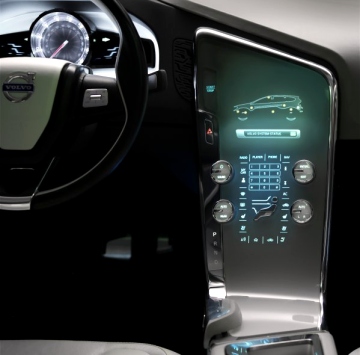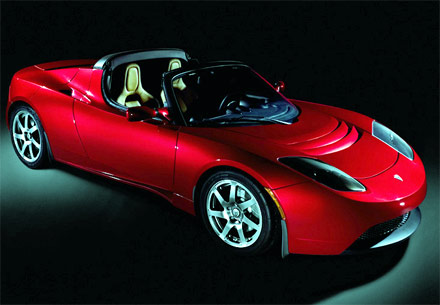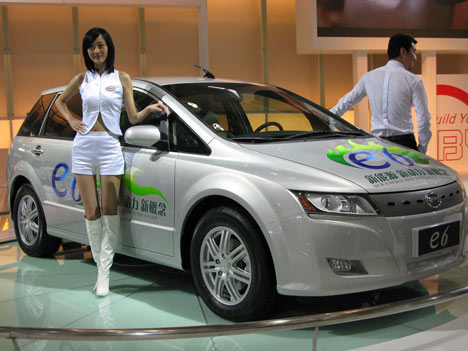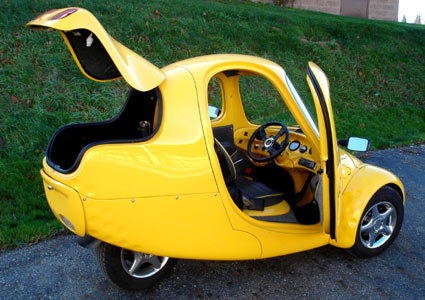4.0 L 1GR-FE V6 (236 hp)
Transmission(s) 4-speed automatic
5-speed automatic
5-speed manual
6-speed manual
Wheelbase Regular Cab 4WD & PreRunner: 110.0 in (2794 mm)
Access Cab: 127.8 in (3246 mm)/127.2 in (3231 mm)
Double Cab Long Bed: 140.9 in (3579 mm)
Regular Cab 2WD: 109.4 in (2779 mm)
Length Regular Cab: 190.4 in (4836 mm)
Access Cab: 208.1 in (5286 mm)
Double Cab Long Bed: 221.3 in (5621 mm)
Width 2WD Extended: 74.6 in (1895 mm)
2WD Regular: 72.2 in (1834 mm)
4WD: 74.7 in (1897 mm)
X-Runner: 74.0 in (1880 mm)
Height Extended Cab & 4WD Regular: 69.9 in (1775 mm)
Double Cab: 70.1 in (1781 mm)
Regular Cab 2WD: 65.7 in (1669 mm)
2005-06 X-Runner: 65.2 in (1656 mm)
2007-Present X-Runner: 72.2 in (1834 mm)
Curb weight (3550 lb)
(3950 lb)
Fuel capacity 79.9 litres (21.1 US gal; 17.6 imp gal)
Toyota Tacoma 2010

Toyota Tacoma 2010
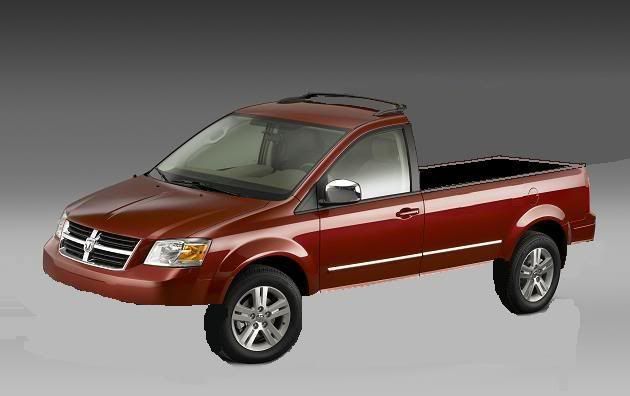
Toyota Tacoma 2010

Toyota Tacoma 2010

Toyota Tacoma 2010

Toyota Tacoma 2010

Toyota Tacoma 2010
Toyota Tacoma 2010
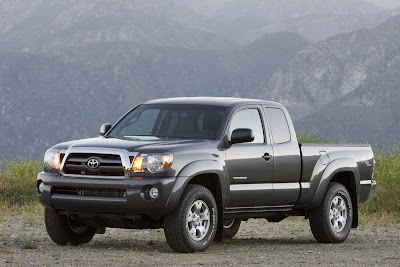
Toyota Tacoma 2010
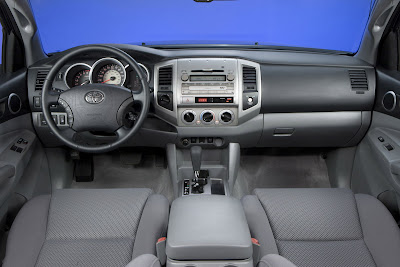
Toyota Tacoma 2010

Toyota Tacoma 2010

Toyota Tacoma 2010




















